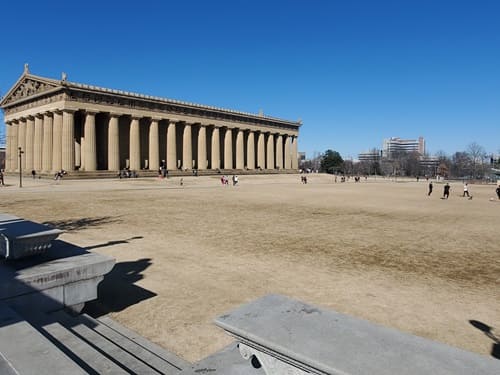金 원픽
글쓰기 전 필독 사항 (사진크기: 700px 이하)
- 자유/이슈 | Free / Issue -
[기타] It's amazing...
- 비너스
- 0
- 1,485
- 0
- 0
- 글주소
- 23-01-02
- 공유 링크 Link
- https://vs-tv.com8

In 2011, a legal conflict occurred where Seoul Broadcasting System(SBS) acquiring a right to broadcast World Cup games was slashed for violating “universal audiovisual right” under Broadcasting Act. The court decision in this case was the first and only one of its kind regarding the provision of universal right of the Act that serves to limit broadcasting rights which are part of right to property under the Constitution. The court found the SBS in violation of its obligation to distribute broadcasting rights of the 2010 South Africa World Cup Games at a fair and reasonable market price by refusing or delaying without a legitimate reason sales of those rights to Korean Broadcasting System(KBS) and Munhwa Broadcasting Corporation(MBC). SBS was imposed corrective orders and penalty surcharge by Korea Communications Commission, to which it objected seeking for cancellation of the disposition. The Court decided that the SBS violated Article 60-3 Paragraph 1 Subparagraph 3 of the Enforcement Decree of Broadcasting Act. In addition, to the argument for unconstitutionality of the same provision, the Court said that the right to business, contract, and property enjoyed by broadcasting companies under the Constitution could be limited under the Article 37 Para http:// graph 2 of the Constitution, and that the right to property could not take precedence over the public nature of broadcasting and public value of universal audiovisual right of the public.
The ground for limiting universal audiovisual right can be found in the public nature of sports and broadcasting. Sports have established themselves as a type of culture that not only highlights personal accomplishment and pursuit of happiness, but also inspires national unity and pride. Sports events listed in the provision of Broadcasting Act regarding universal audiovisual right represent international events participated by Korean athletes. Watching Team Korea play games itself unifies the country under a shared identity, which adds a public nature to the function of sports. Meanwhile, broadcasting is also seen as public goods because air waves are rare and remain in the public domain. If we consider the two ultimate values of broadcasting are promoting publicness and public interests, the benefits and rights of viewers must be given a serious consideration. Sports that are aired can only be made worthwhile when they successfully reach the receiving end. Therefore, sports relay broadcasting needs to be approached from the perspective of the access right of viewers and audience. The public nature of sports and broadcasting led to the provision of universal audiovisual right under Broadcasting Act, which developed from universal right to access based on universal service 스포츠중계. In conclusion, the regulation on transaction of sports broadcasting rights and broadcasting of sports events by means of universal audiovisual right under Broadcasting Act can be justified, under a big framework of Article 37 Paragraph 2(Admissibility to limit basic rights) of the Constitution, by both access rights of viewers protected by the universal rights under the Act, and the value of user access deemed important by an objective of Copyright Act. In other words, access to a sports broadcasting right whose nature is of public goods should be considered from the perspective of both the rights of viewers ensured by universal audiovisual right under Broadcasting Act, and facilitation of the use of the users intended by Copyright Act.

































